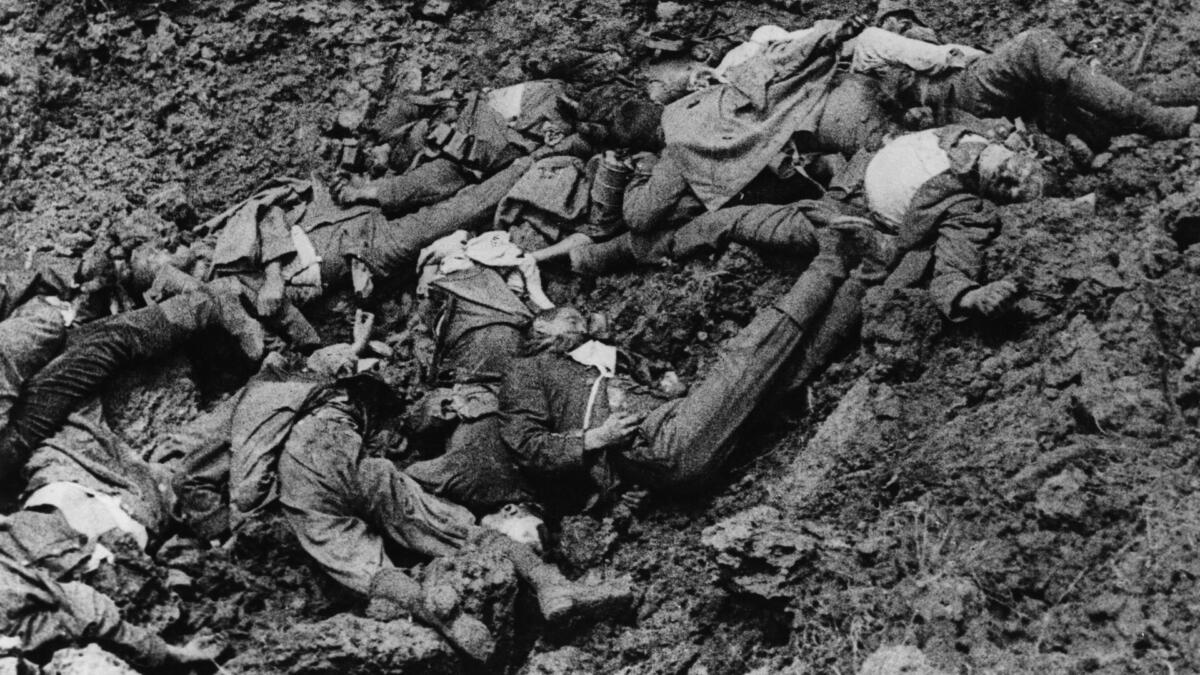
The First World War, also known as the Great War, was a global conflict that lasted from 1914 to 1918. It involved many of the world's major powers and was fought in Europe, Africa, and Asia. Germany was one of the main belligerents in the war and suffered heavy losses, both in terms of human life and material resources. In this article, we will explore the fate of dead German soldiers in WW1 and their impact on the war and its aftermath.
The Causes of WW1
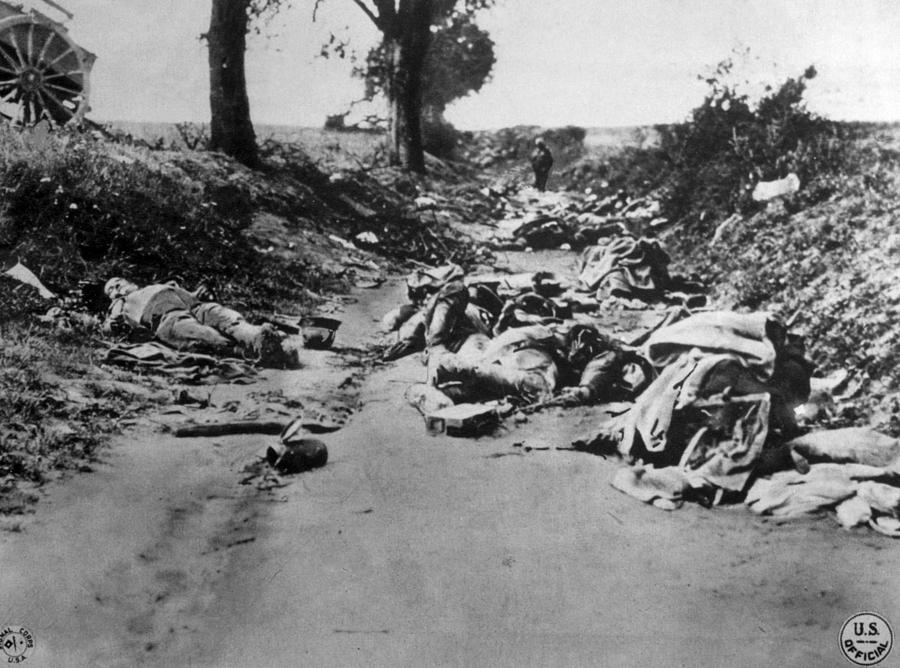
The causes of the First World War are complex and multifaceted. Some of the key factors that contributed to the outbreak of the war include nationalism, imperialism, alliances, and a complex web of diplomatic relationships. In particular, the assassination of Archduke Franz Ferdinand of Austria-Hungary by a Serbian nationalist in June 1914 was a trigger event that led to the mobilization of the major powers and the outbreak of war.
The Role of Germany in WW1

Germany was one of the major powers involved in the First World War. It was part of the Central Powers, along with Austria-Hungary, the Ottoman Empire, and Bulgaria. Germany's military strategy was based on the concept of the Schlieffen Plan, which aimed to quickly defeat France in the west and then turn its forces to the east to face Russia. However, the plan was ultimately unsuccessful, and Germany became embroiled in a protracted and bloody war on two fronts.
The Impact of Dead German Soldiers

The impact of dead German soldiers in WW1 was significant, both in terms of its effect on the war and its aftermath. Germany suffered heavy losses, with an estimated 2 million soldiers killed in action or dying of wounds and disease. This loss of human life had a profound effect on German society and culture, and was a major factor in the rise of nationalism and militarism in the interwar years.
The Treatment of Dead German Soldiers
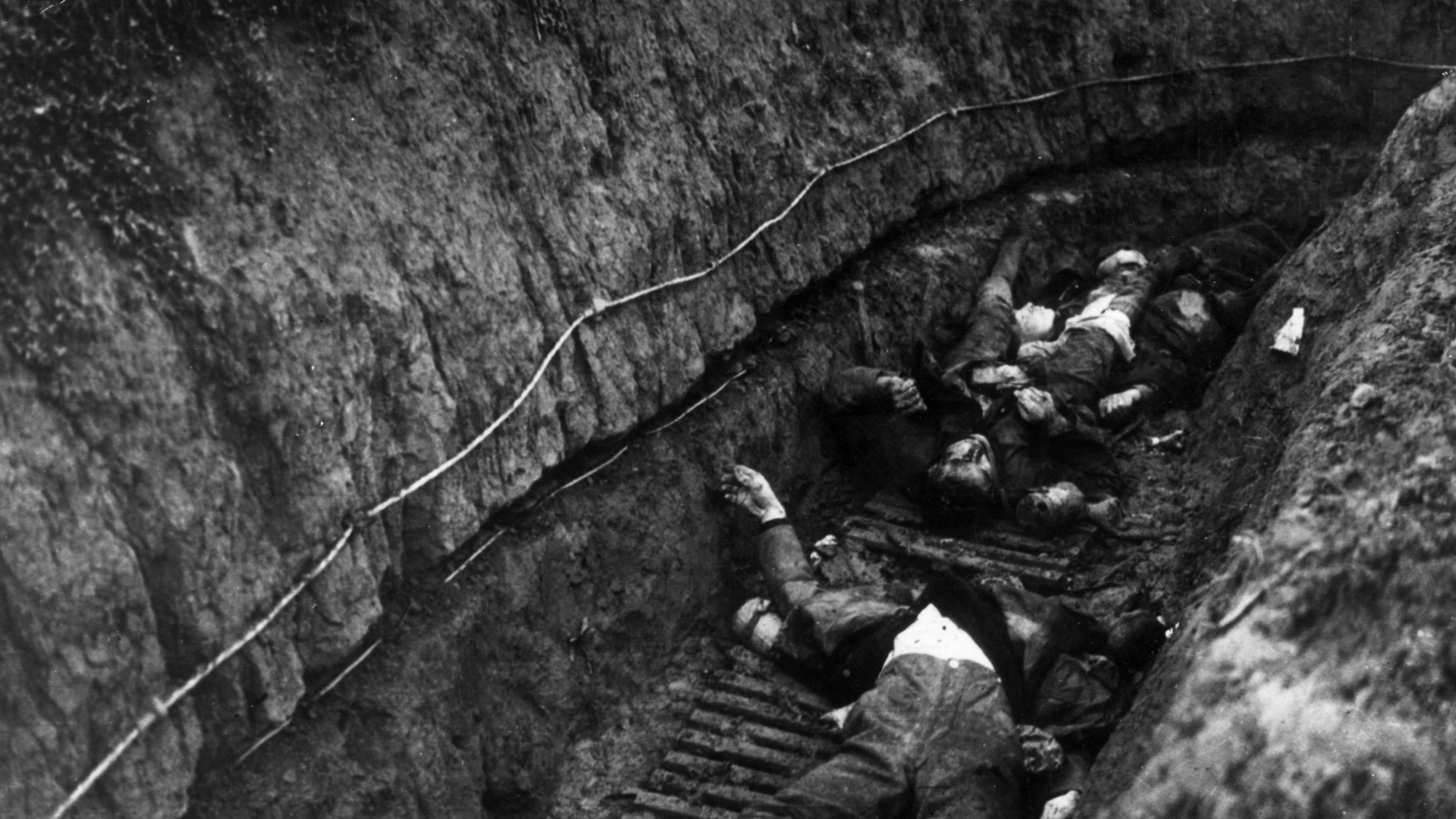
The treatment of dead German soldiers in WW1 varied depending on the circumstances of their death and the location of their graves. In some cases, soldiers were buried in mass graves or unmarked graves, particularly in areas of heavy fighting such as the Western Front. In other cases, soldiers were repatriated to Germany for burial or interred in cemeteries maintained by the Commonwealth War Graves Commission.
The Legacy of Dead German Soldiers
The legacy of dead German soldiers in WW1 is complex and multifaceted. On the one hand, their sacrifice is remembered and honored by their families and communities, and by the German state. On the other hand, their deaths are also associated with the trauma and devastation of war, and with the rise of extremist ideologies in the interwar period. As such, the legacy of dead German soldiers is a reminder of the human cost of war and the need for peaceful resolution of conflicts.
The Importance of Remembering Dead German Soldiers
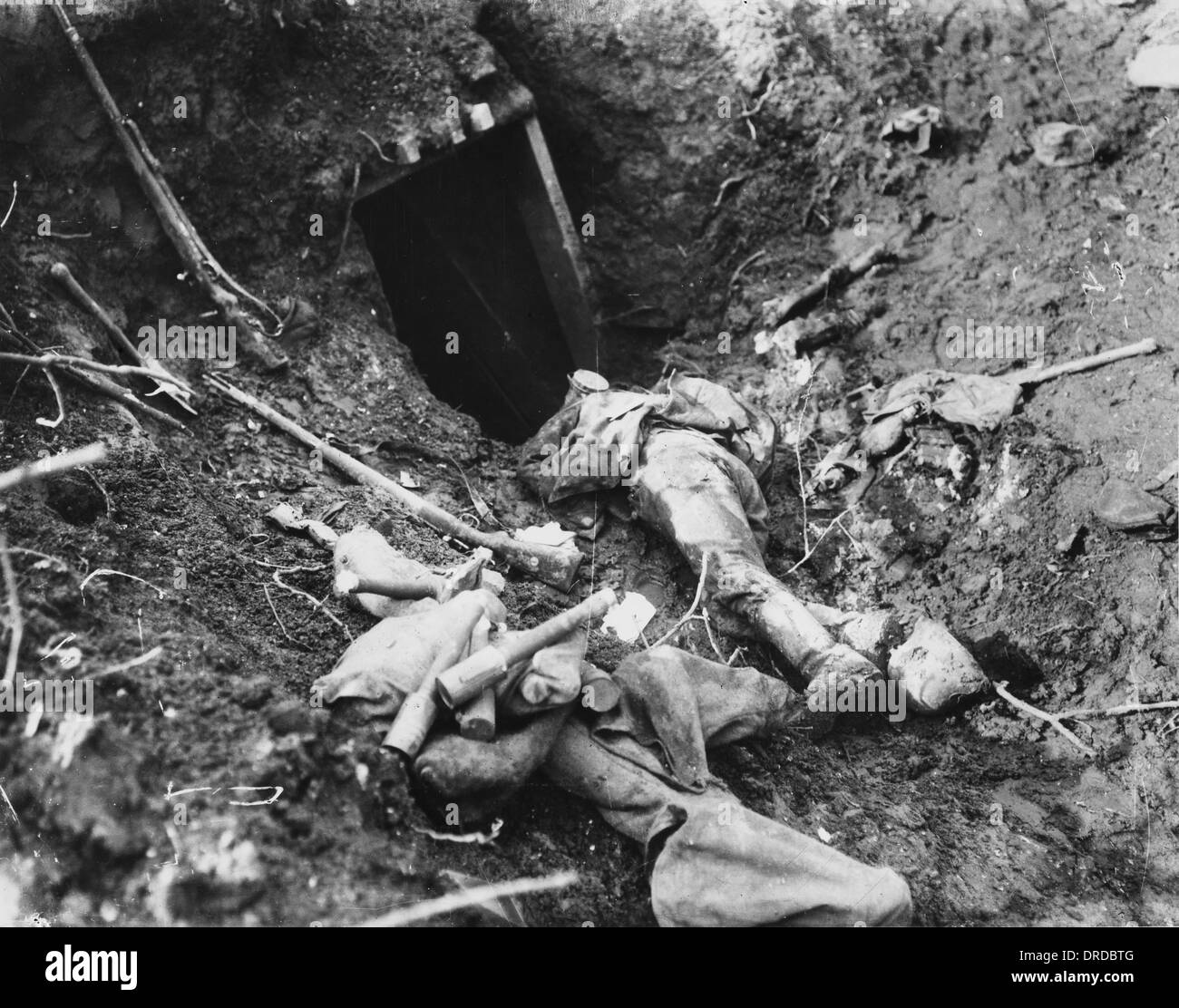
The importance of remembering dead German soldiers in WW1 cannot be overstated. Their sacrifice and service to their country should be honored and respected, regardless of the political context in which they fought. Furthermore, their legacy should be used as a reminder of the need for peace and cooperation among nations, and as a warning against the dangers of extremism and militarism.
The Future of Memory
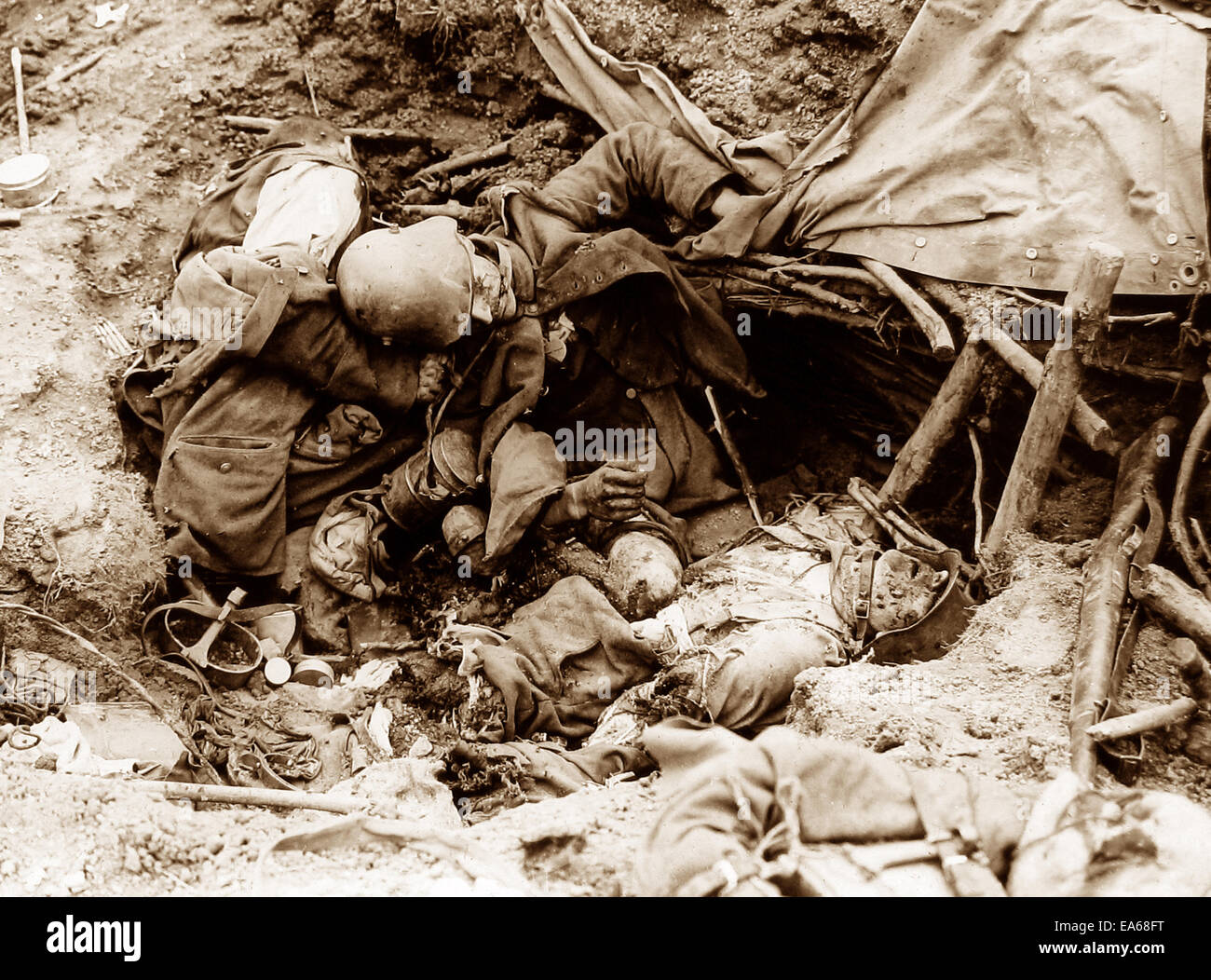
The future of memory of dead German soldiers in WW1 is uncertain. As the generation that fought in the conflict passes away, the task of remembering and honoring their sacrifice falls to younger generations. It is important that this task is taken seriously and that efforts are made to educate young people about the history and legacy of the First World War. Only by doing so can we ensure that the memory of dead German soldiers, and of all those who fought and died in the war, is preserved for generations to come.
Conclusion
Dead German soldiers in WW1 played an important role in the conflict and its aftermath. Their sacrifice and service to their country should be honored and respected, and their legacy should be used as a reminder of the need for peace and cooperation among nations. By remembering and honoring their memory, we can ensure that the human cost of war is never forgotten.